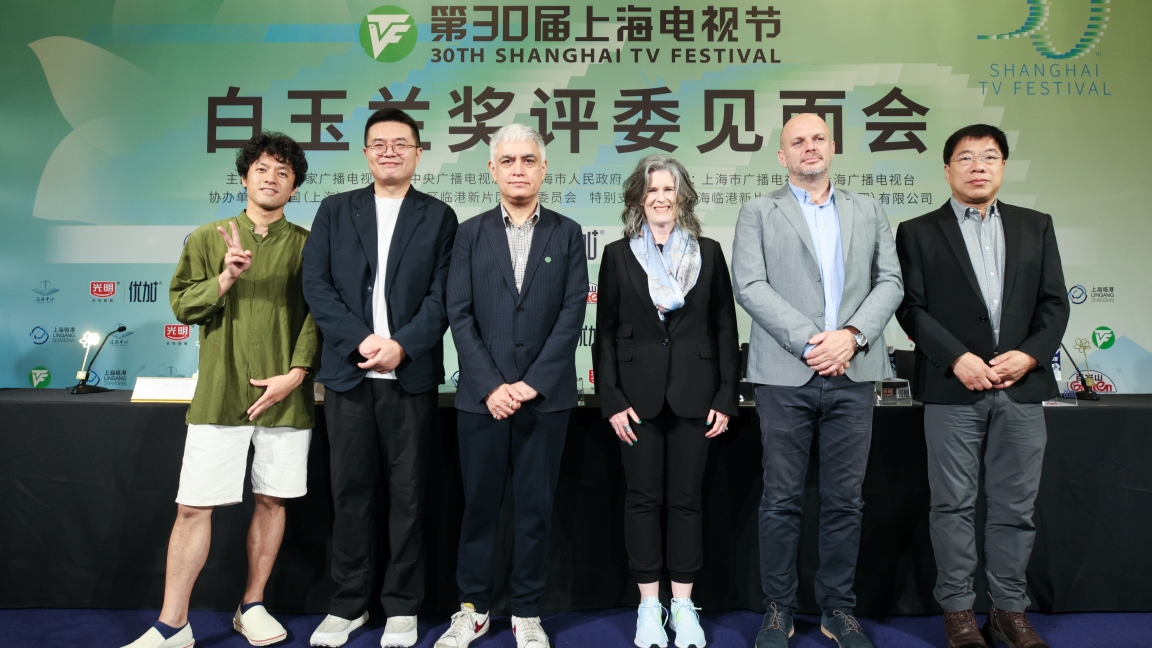
The curtain rose on a landmark edition of the Shanghai TV Festival as some of the world's most influential television creators stepped into the spotlight, not behind the camera, but in front of the conversation.
From internationally acclaimed producers to visionary directors and rising stars, the Magnolia Awards jury meeting became a crossroads of culture and creativity, where global voices debated, dissected, and celebrated the art of storytelling in all its forms.
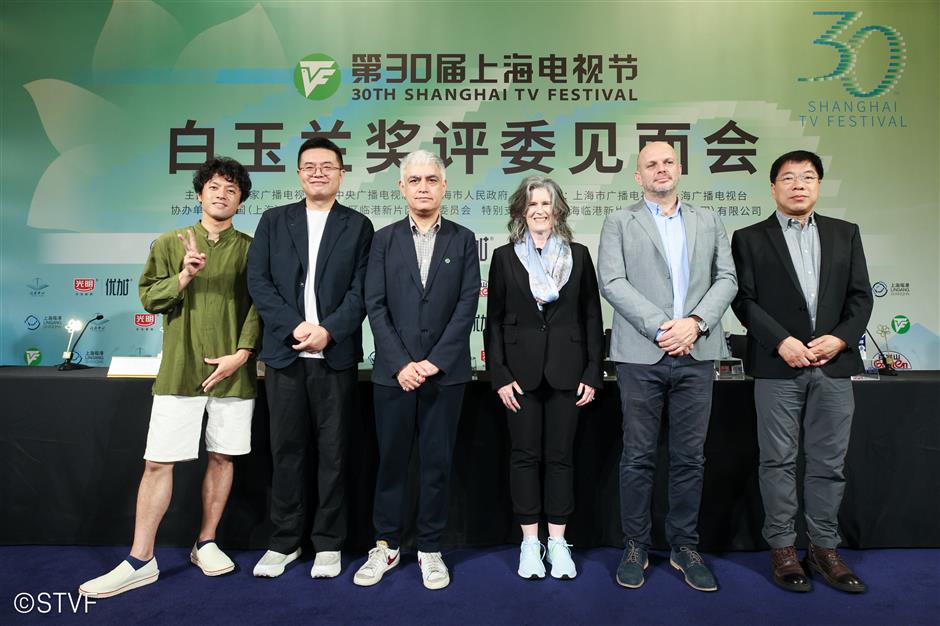
Magnolia Awards jury members meet in Shanghai.
Documentary: Celebrating truth in a fragmented media landscape
Kicking off the first group session, Vikram Channa, Indian director and producer and chair of the documentary jury, highlighted the complexity of evaluating diverse styles in an ever-evolving medium.
He prioritized works with relevant themes, emotional depth, and strong narrative structure – elements the jury considers the backbone of powerful storytelling.
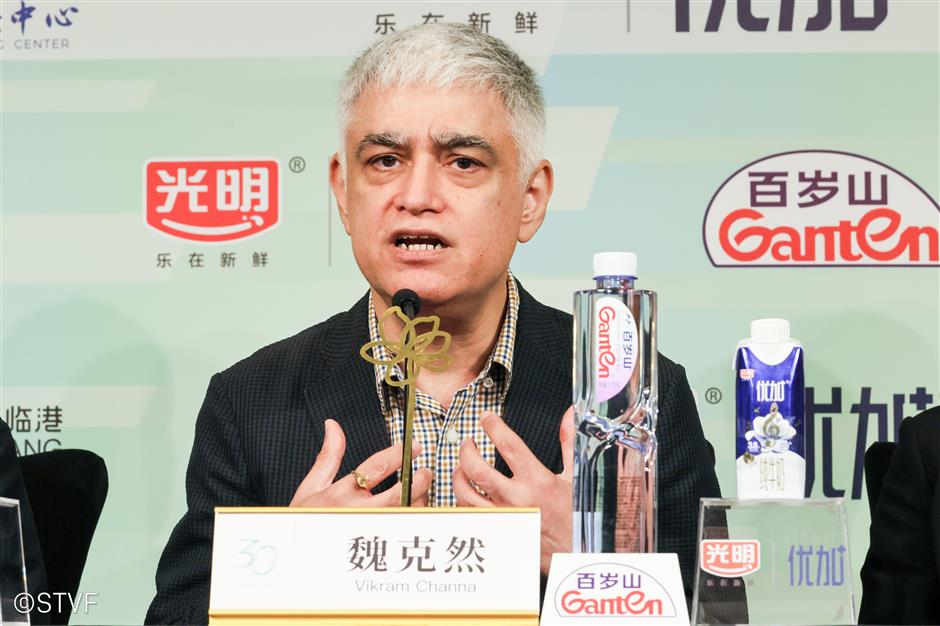
Vikram Channa, chair of the documentary jury.
Chinese director Zeng Hairuo praised the submissions for their focus on real-life issues and emotional resonance. "Many of this year's Chinese documentaries are deeply reflective of contemporary life, revealing not only societal shifts but also inner human states," she said.
Japanese documentarian Takeuchi Ryo emphasized the need for authenticity, especially in works aiming for international appeal. "The audience will switch off if the pacing is slow. Unlike film, television needs suspense and immediacy," he said, while stressing the importance of understanding cultural preferences across regions.
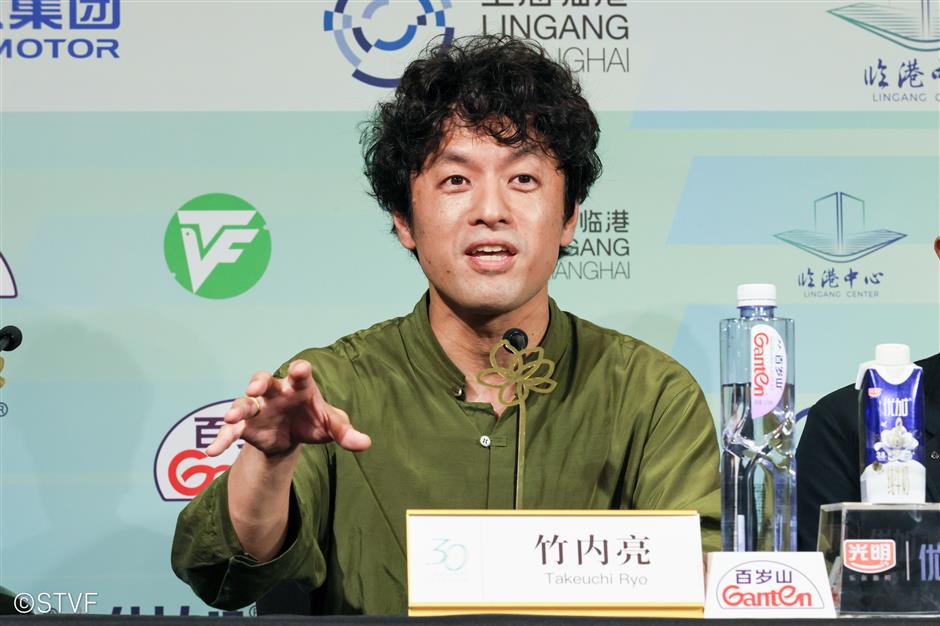
Takeuchi Ryo emphasized the need for authenticity.
Animation: A language beyond borders
American producer Rita Street, president of the animation jury, commended the artistic diversity and collaborative spirit among jurors.
Despite coming from vastly different backgrounds – from France to Japan – the jury members found common ground through their shared passion for animation, she said.
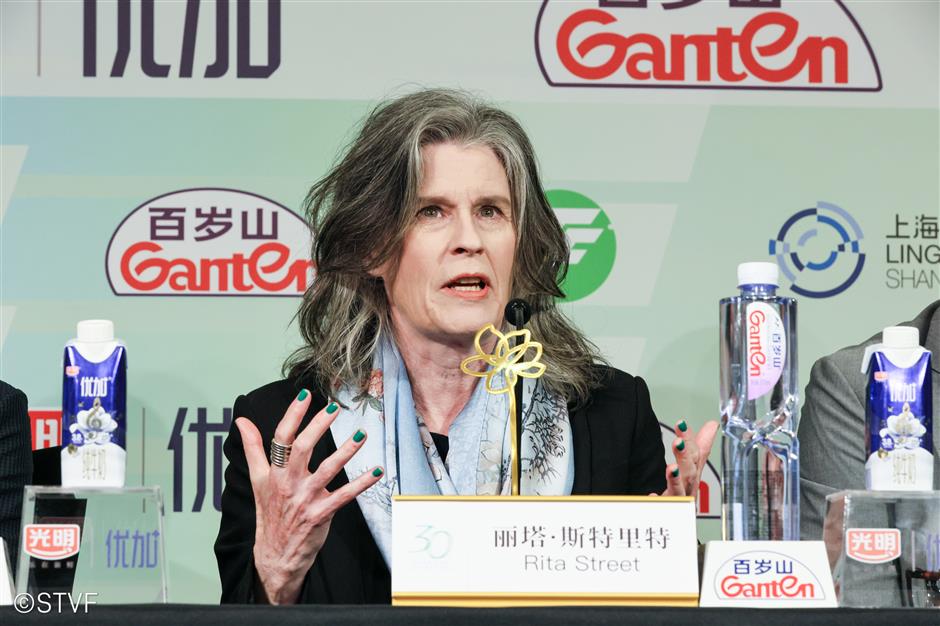
Rita Street, president of the animation jury.
French storyboard artist Alexis Ducord underlined animation's potential to reinterpret culture for younger audiences, while Chinese director-scholar Li Jianping encouraged integrating global storytelling techniques with Chinese narratives to boost international reach.
"We need to blend local elements with universally engaging stories, and embrace new technology and cross-media formats," he said.
Street echoed the sentiment, calling for greater cross-cultural exchanges and expressing her excitement in learning more about Chinese animation history during her visit.

Alexis Ducord underlined animation's potential to reinterpret culture for younger audiences.
Drama: Storytelling with depth and perspective
In the second session, Chinese actor Chen Baoguo, president of the drama jury and a two-time Magnolia Award winner, shared his new perspective: "Being nominated is thrilling, winning is euphoric – but judging is overwhelming."
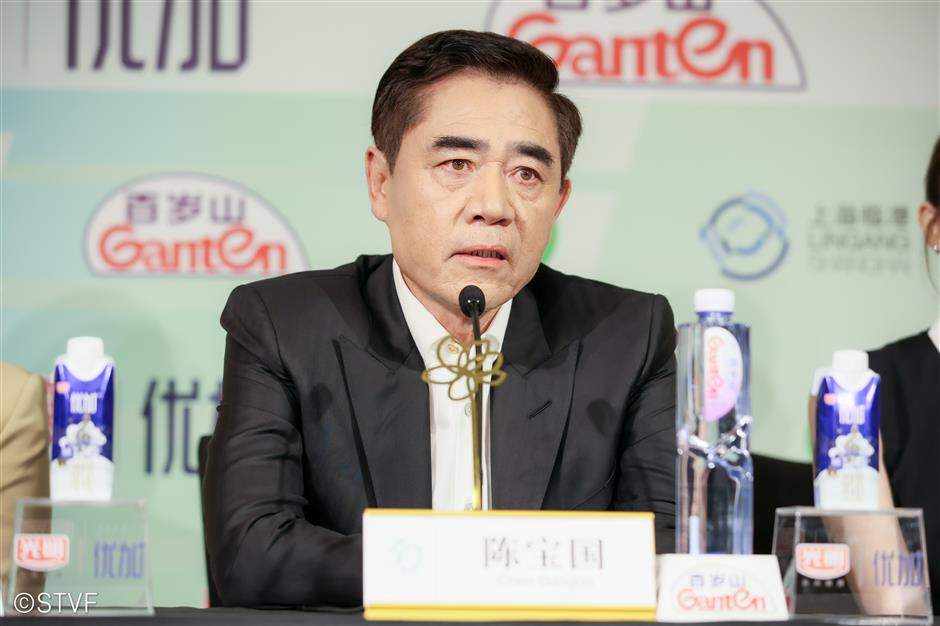
Chen Baoguo, president of the drama jury.
Screenwriter Gao Xuan pointed to the growing genre diversity and higher quality of Chinese dramas. Director Kang Honglei added: "Collaboration between directors and actors is often intense, but it's through such friction that great work emerges."
Actress Tong Yao, reflecting on current entries, said: "Despite challenges in the industry, particularly from short-form content, good stories always endure. They are timeless."
German director Henk Handloegten and Hong Kong actress Wu Hang Yee highlighted the importance of local flavor and universal themes. "You have to be very, very specific on a local basis, but you also have to be relevant internationally so that you can truly reach the audience," Handloegten said.
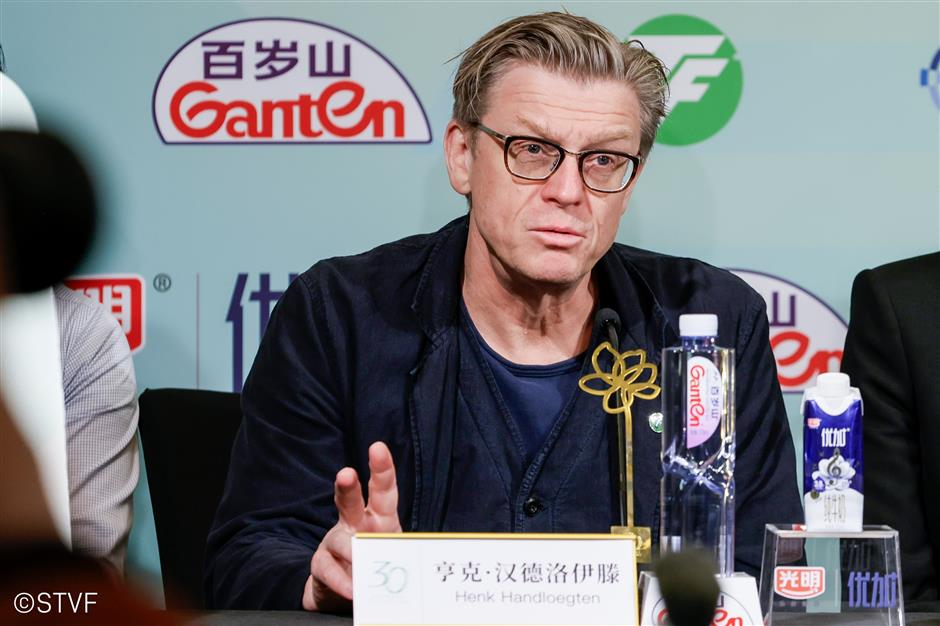
German director Henk Handloegten highlighted the importance of local flavor and universal themes.
Wu, the first juror from Hong Kong on the Magnolia panel, stressed that beyond quality scripts and performances, international productions hoping to succeed in China must offer deeper meaning and cultural resonance. "We chose works that offered both insight and inspiration," she said.
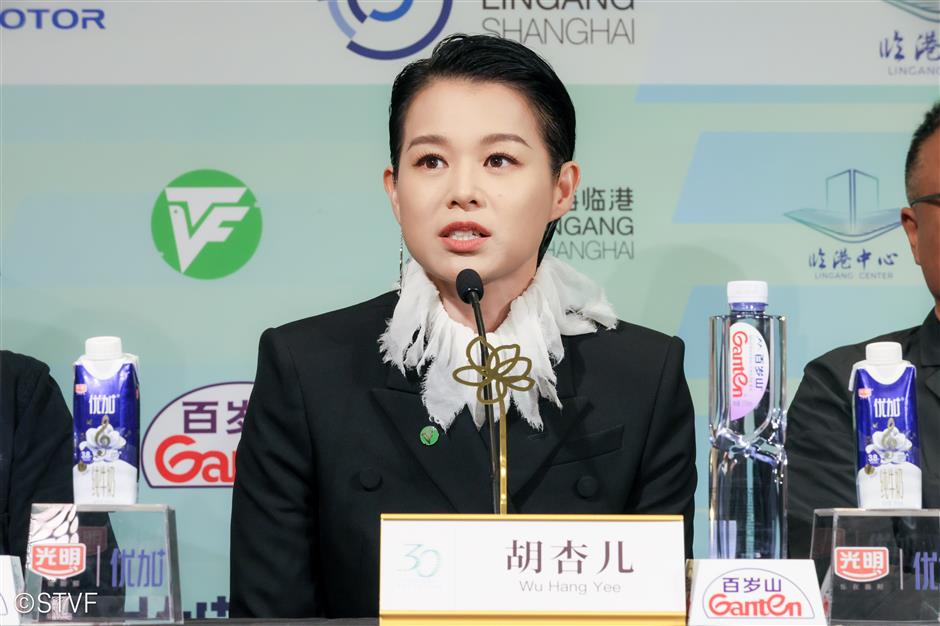
Wu Hang Yee said international productions hoping to succeed in China must offer deeper meaning and cultural resonance.
As the session wrapped, jurors across the board agreed: Whether through realism in documentary, artistry in animation, or emotion in drama, good storytelling remains the universal language. The Magnolia Awards continue to celebrate that language, in all its global and local nuances.
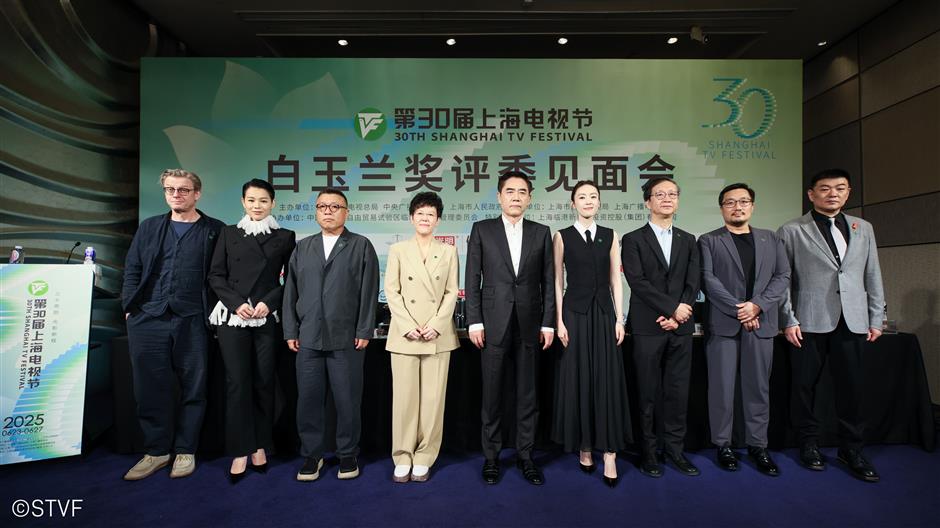
The jurors agreed that good storytelling remains the universal language.

